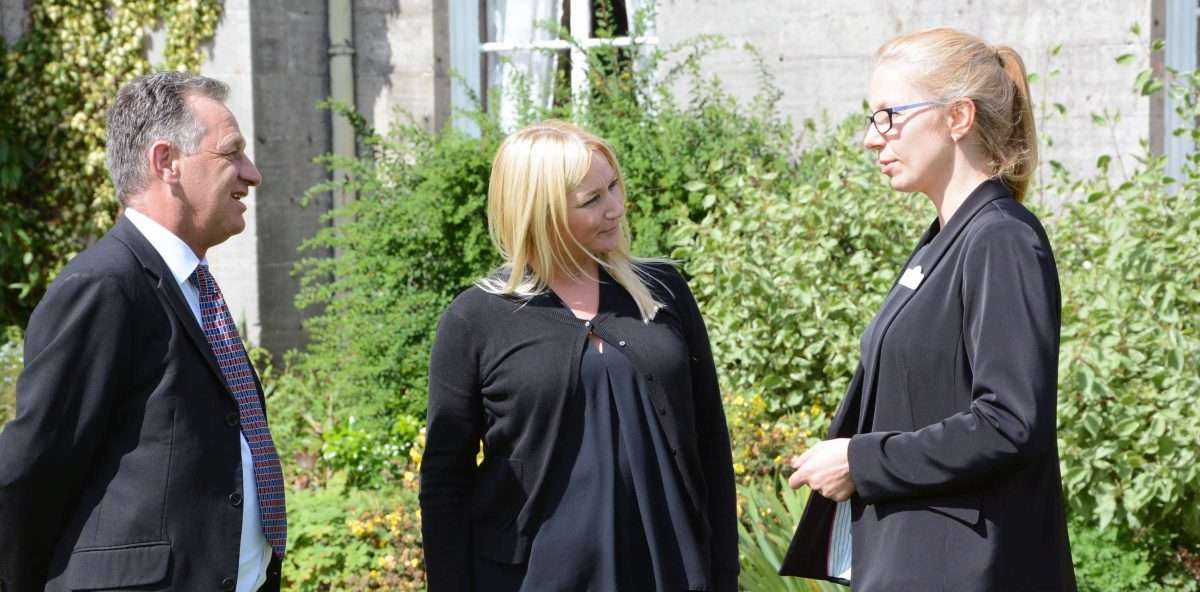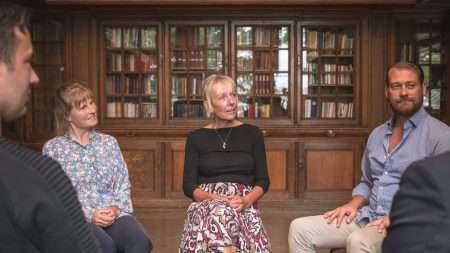Language is no Barrier to Rehab
Many people in the treatment community have never experienced or even imagined an interpreter working with a patient in a residential rehab setting. I had certainly never heard of this when I went to work as an interpreter at Castle Craig Hospital. Despite the challenges it presents, over the last five years, Castle Craig has proven that it can indeed work.
Gordon Hogg, Castle Craig’s head therapist, explains: “The skill of the interpreter is paramount in ensuring the process is professional and therapeutic. They not only have to communicate what is happening in individual sessions but also what is being conveyed in group therapy as well as during relaxation and meal times.”
Gordon continues “The lack of a commonly spoken language is not a barrier to the relationships that are built during treatment.
People communicate in a host of ways that complement the spoken language.”
A Demanding Job
When I was an interpreter at Castle Craig for 4 weeks I found it to be a rewarding and intense experience. I’d like to share my observations and describe what was involved.
Professional interpreting is a demanding job at the best of times. Much can be “lost in translation”. You have to listen intensely and immediately reproduce conversation between two languages.
Interpreting in a therapy treatment setting is very rewarding as I knew I was helping to save someone’s life. I loved doing this job. I worked about 12 hours a day and was on call 24/7, always ready in case the patient needed help out-of-hours. I stayed on the premises during the weekdays but was able to take time off at the weekends.
The “rehab” environment can be emotionally charged and exhausting. There are plenty of breaks during the day to get a cup of tea and some fresh air and I took advantage of them. Getting into the countryside was essential for me, even for a few minutes, and the landscape around Castle Craig is inspiring. At the end of a long day I would need all the time I could get to recover and be up early the next morning.
As time went by my client felt more confident with his English and started conversing with other patients on his own. However, when he didn’t understand something I might get called on to translate at a moment’s notice.
A Basic Understanding of Mental Health is Essential
There is a specialised vocabulary used in addiction treatment that the interpreter needs to know about. Terms like 12 steps, CBT, relapse prevention and therapeutic community are widely used and I was fortunate to have prior knowledge of these terms. When I didn’t understand something the Castle Craig therapists were very helpful.
Another skill I picked up from Castle Craig and found essential for this task was to have a non-judgemental and open-minded approach. It was important to accept some of the precepts of treatment, such as that addiction is a disease and not a moral failing.
I think interpreting in addiction treatment can work well and should be tried, especially when it gives someone a chance to access treatment that they couldn’t have got in their home country.
It was very rewarding to help someone in their treatment. I felt uplifted by the amazing personal stories that were shared by patients and the therapists’ dedication to their work. It was a privilege to witness people starting a new life.
Please call our 24-Hour Helpline: 01721 728118 if you wish to discuss the possibility of coming into rehab.



